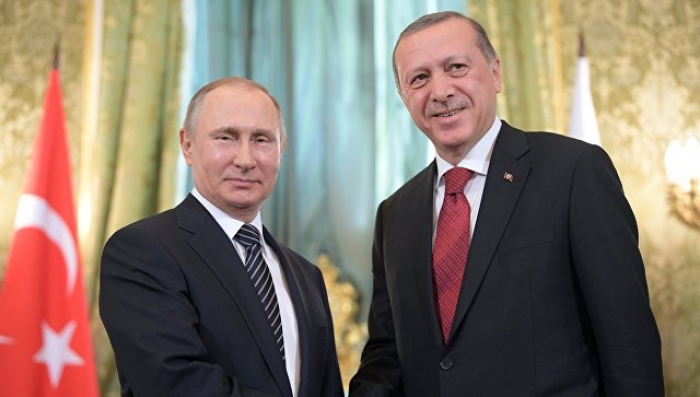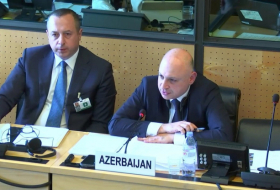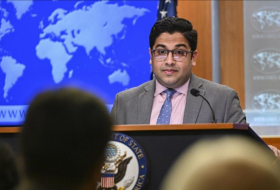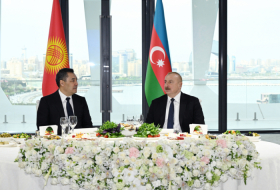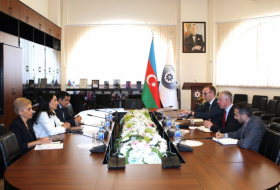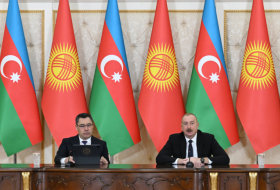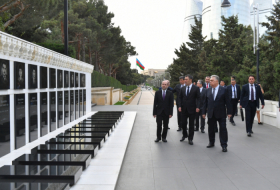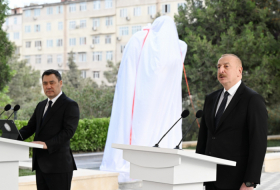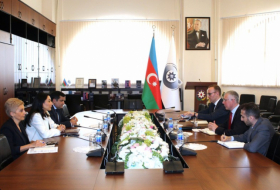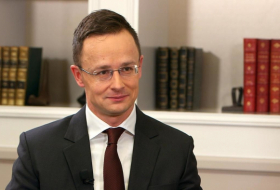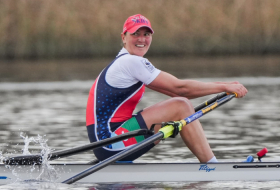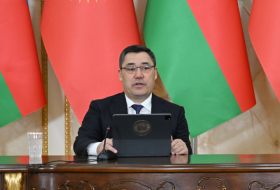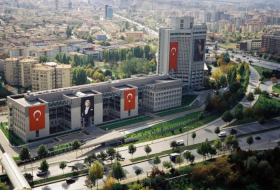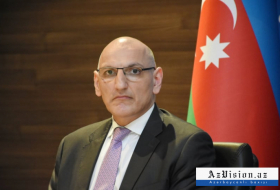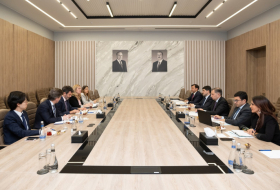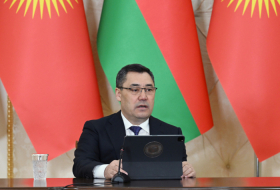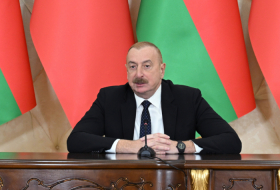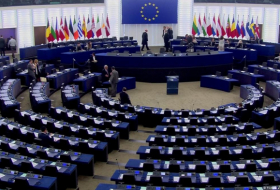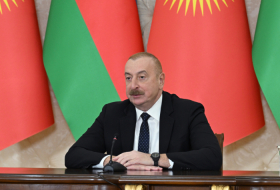The mood of Trump’s two bilateral meetings, with the Russian and Turkish presidents, will be coloured by the outcome of the US midterm elections on Tuesday, and a decision, the same day, on whether to slap further US economic sanctions on Russia for using chemical weapons on British soil.
The US Congress-mandated sanctions could be draconian and darken the atmosphere of a meeting that is already likely to create tension over the US decision to withdraw from the intermediate-range nuclear forces treaty.
By contrast, Emmanuel Macron, the French president and host for the armistice ceremonies in Paris on 11 November, hopes to use the emotion of the occasion to warn that a nationalist resurgence led by authoritarian leaders – an outcome of the flawed ending of the first world war – will threaten liberal democracies and the institutions of multilateralism, the chief outcome of the second world war.
Macron has already expressed his fear that an atmosphere akin to the 1920s is now gripping Europe; his remarks were soon followed by a poll showing his En Marche! party trailing Marine Le Pen’s National Rally party.
The French president has emphasised his call for cooperation by inviting the outgoing German chancellor, Angela Merkel, to make the opening speech at the three-day Paris peace conference designed to showcase the practical and ideological importance of multilateralism, a theme he intends to put at the centre of next year’s European elections.
The Elysée says that more than 100 foreign dignitaries representing states that fought in the first world war are due to attend the armistice ceremonies which will, on the instruction of Macron, be stripped of militarism. As many as 20 African leaders are also due to attend.
Trump will find that the ending of the war in Syria, which has lasted seven years, will be high on the agenda of his meeting with Putin, as well as the new US sanctions to be applied from Monday on most importers of Iranian oil.
Washington is predicting that the Putin-Trump bilateral will be brief, and not as controversial as their first such meeting in Helsinki in July. But the two men are unpredictable, and if Trump feels he has triumphed in the midterms, he may also think he has greater latitude in his relations with Russia.
The expected Trump-Erdoğan meeting will be the first since Turkey accused America’s great Middle East ally, Saudi Arabia, of killing the Washington Post columnist Jamal Khashoggi. America has been holding back from imposing any punishment on Riyadh pending the outcome of Saudi’s own internal investigation into the murder. Erdoğan has effectively accused the Saudi crown prince, Mohammed bin Salman, of ordering the murder. Saudi Arabia is not expected to be represented in Paris, while Erdoğan also plans talks with Putin.
Ironically, the Turkish president’s previous visit to Paris in January was marred by his claim that journalists were “gardeners of terrorism”. At a joint press conference with Macron he said: ”Terror doesn’t form by itself. Terror and terrorists have gardeners. These gardeners are those people viewed as thinkers. They water [terror] with the columns in their newspapers.”
Erdoğan is likely to focus his time with Trump on preserving the ceasefire in Syria’s northern Idlib province, on joint operations against Kurdish groups and on a further lifting of the US sanctions in light of improving relations.
Merkel’s speech opening the Paris Peace Forum will be her first significant international outing since she announced plans to stand aside as chancellor by 2021, adding to the sense that established multilateral voices were on the wane.
The theme of the ambitious Paris peace conference, conceived in the wake of the optimism for liberal democracy sparked by Macron’s election victory in May 2017, is the need for practical multilateral solutions to solve a common set of shared problems.
Following Merkel’s opening speech, the UN secretary general, António Guterres, is also expected to speak, calling for reformed multilateralism.
Macron, who is due to spend the week visiting the frontlines of the first world war, is determined to draw contemporary lessons from the war’s aftermath.
In an interview with the Ouest-France newspaper Macron warned against complacency: “In a Europe divided by fears, nationalist assertions and the consequences of the economic crisis, we see in an almost methodical manner the rearticulation of everything that dominated life in Europe from post-world war I to the 1929 crisis.”
The Peace Forum, due to become an annual event, is designed as an antidote in the words of Macron, “to the risk that haunts the world, of division, nationalism, and the great fears that can make democracy doubt itself”.
Put together by a prestigious group of intellectuals, led by Pascal Lamy, former head of the World Trade Organisation, the event is billed as “a Davos for governance”. It is focused on 120 governance projects and initiatives from around the world, selected from 850 applications, presented in five themes: peace and security, environment, development, new technologies, and inclusive economy.
More about: #Donald-Trump








